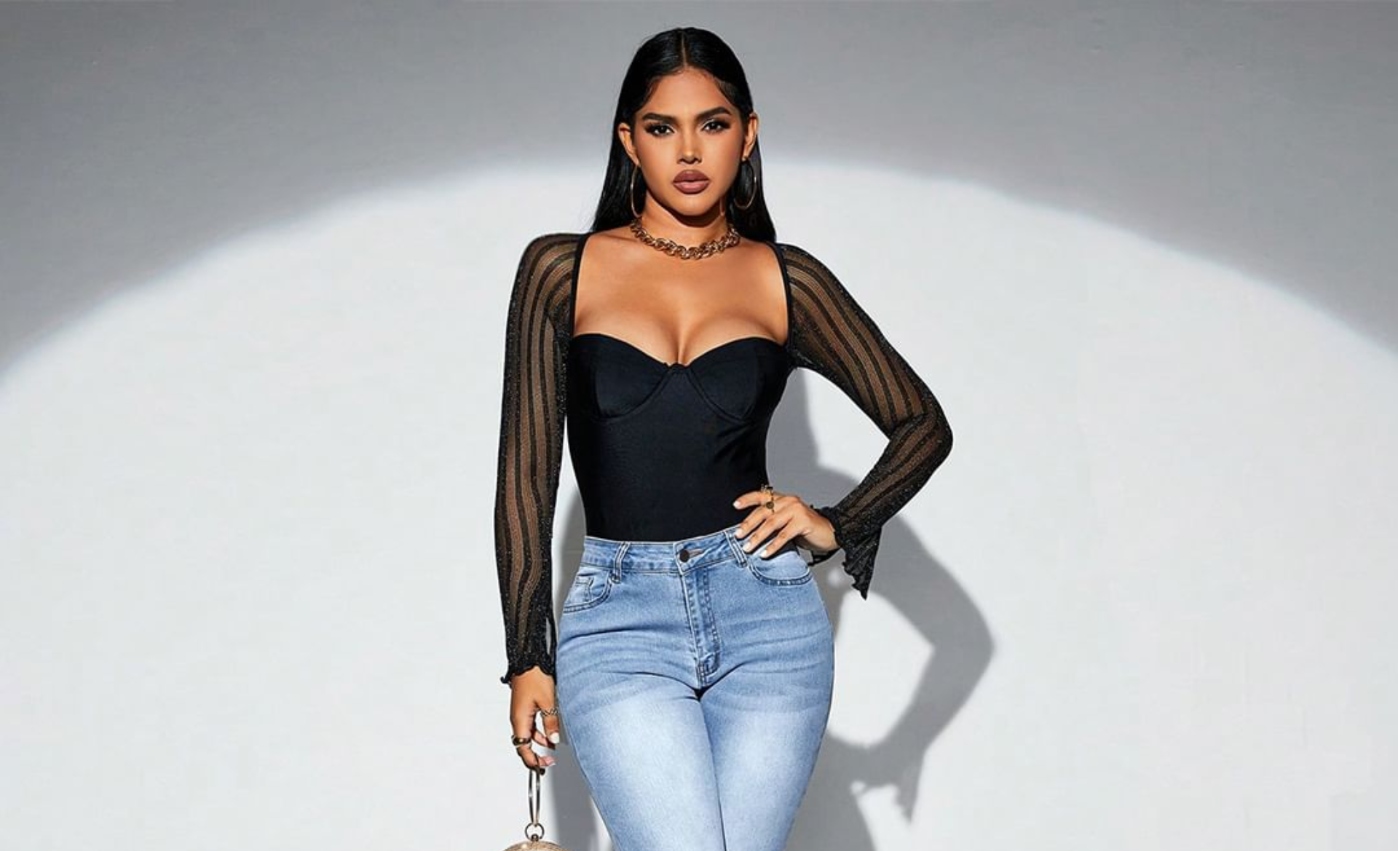Consumers have long called out influencers for what they consider unethical brand partnerships, but now there’s a sharper focus on companies’ environmental impact and labour practices, which underscores the urgent need for responsible corporate advocacy in the digital age.
Fast fashion brands such as Shein have dominated headlines with allegations of environmental harm and abusive labour practices. However, this hasn’t necessarily deterred influencers from collaborating with these retailers.
In May, Georgia Harrison, Demi Sims, Shaughna Phillips, Anna Vakili and more went to Ibiza with Shein. Under Harrison’s Reel, a user commented “Blocked because of your promotion of Shein”, while another user on Phillips’ post questioned why so many influencers were partnering with the brand despite an abundance of slave labour allegations and environmental concerns.
Former Love Islander Paige Thorne also worked with the retailer and released a collection in 2023, which was widely criticised by consumers, with comments including: “Tell me you only care about money without telling me you only care about money” and “It hurts to see you’re doing a collab with a brand like this”. Sustainable fashion advocate Brett Staniland called out Thorne’s collaboration with the company and said Love Island contestants should sign a contract preventing them from working with fast fashion brands.
This wave of fast fashion criticism isn’t new and many creators have used their platform to defend their choices. Model Nyome Nicholas-Williams addressed recent criticism and highlighted the lack of sustainable options for plus-size women. Her followers were quick to join the conversation and echo her concerns about inclusivity in the fashion industry. Lifestyle creator Stephanie Yeboah responded in the comments and said: “It’s classist and elitist frankly. Not everyone has the funds to afford £200 dresses and a T-shirt for £120. Stop assuming people’s finances just because they are online.”
It’s not only fast fashion brands facing criticism – online marketplace Temu is also under scrutiny. Beauty creator Jake-Jamie Ward partnered with Temu to showcase items he purchased for less than £1 in a haul. In the comments, Ward’s followers expressed their disappointment and referenced the brand’s alleged use of child labour. Staniland also accused Temu of compromising consumers’ personal information following a data breach, and his Reel about this has more than 206,000 views.
You may also like
Creators partnering with online retail service AliExpress have also come under fire. The company has been growing its influencer marketing strategy and recently launched a livestream shopping service, which is available through its interactive “mini shop” programme. The brand enlisted TV personalities Olivia Attwood, Kady McDermott, Farah Sattaur, Alexis Economou and more as the faces of its livestream shopping experience, titled “It Girls”.
Attwood fans questioned the partnership in the comment section on the collaborative post about the announcement. One user wrote: “I’m so confused. This has to be one of the most harmful things to Olivia’s brand?” while another said: “What in the sweatshop is going on here?”
Cleaning creator Bea Elton, known for her free cleans for people in need initiative, also faced criticism for hosting an AliExpress-sponsored Euros party. One user unfollowed her and said: “No one should support this company.” Another commented: “I love you, but this sponsorship isn’t it… I hope you choose better partnerships.”
Defenders noted that while Elton could opt for “better” partners, the sponsorship money will go towards her charitable efforts and allow the creator to continue pursuing her free clean initiative.
Fast food chains are also under scrutiny for unethical practices. Football pundit Rio Ferdinand received backlash for promoting McDonald’s during Mental Health Awareness Week earlier this year, for encouraging young kids to eat fast food and supporting a company that has a negative environmental impact. One critic said: “[There is] So much wrong with this. You need to fire your PR team.”
As consumers prioritise sustainability and ethical practices, endorsing controversial brands is sure to provoke widespread criticism and undermine the credibility of the influencers involved.
Likewise, brands must prioritise transparency and enact genuine improvements to avoid accusations of greenwashing. Adapting to these consumer expectations is crucial for maintaining integrity and relevance in today’s conscientious market.
By Abby Oldroyd, CORQ news and features writer. Picture credit: Shaughna Phillips via Instagram









Why controversial fast fashion giant Shein’s factory tour press trip went viral for all the wrong reasons